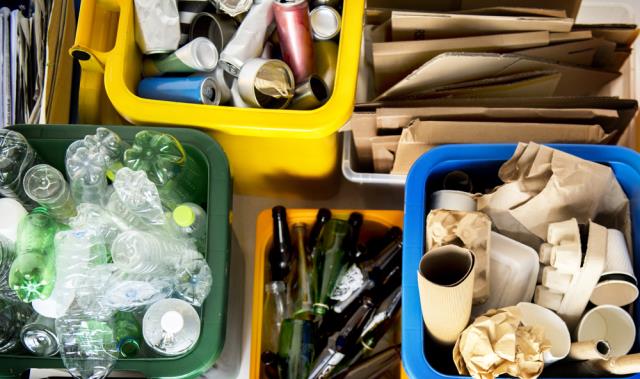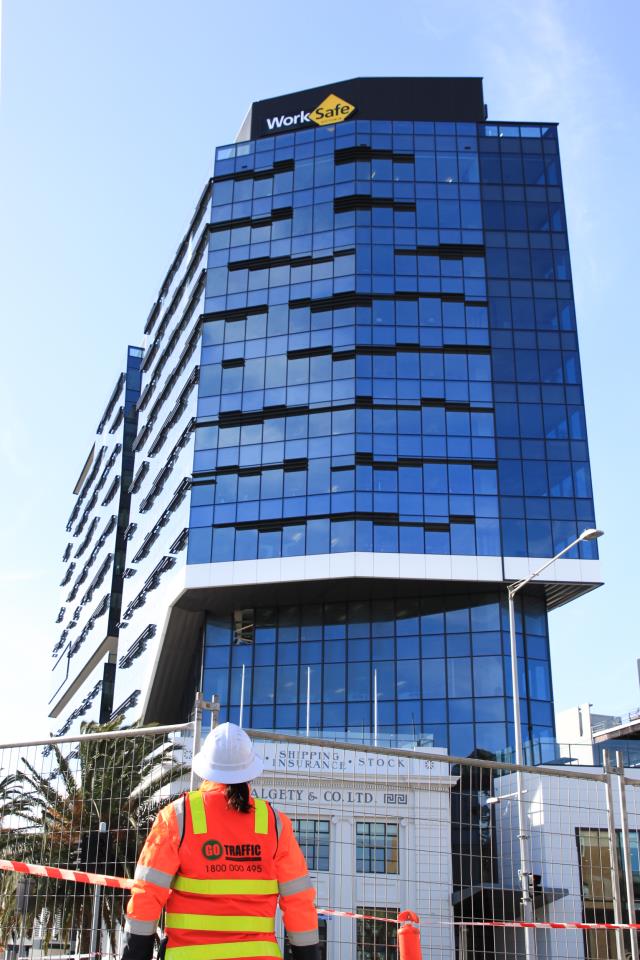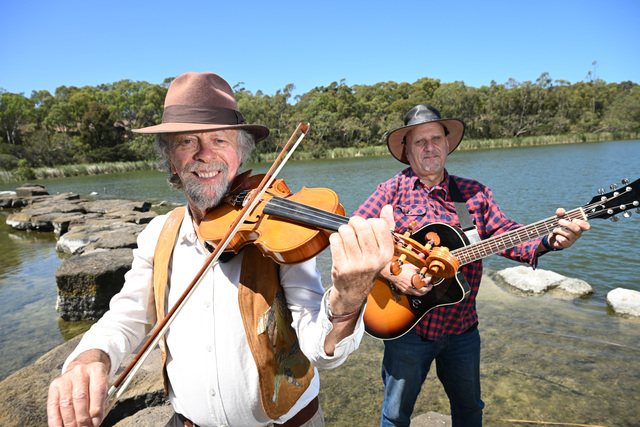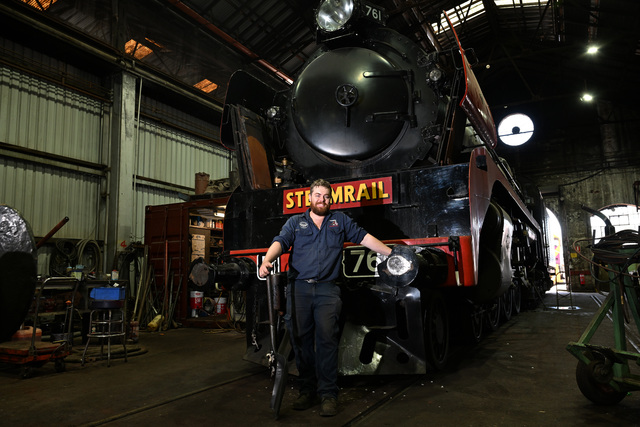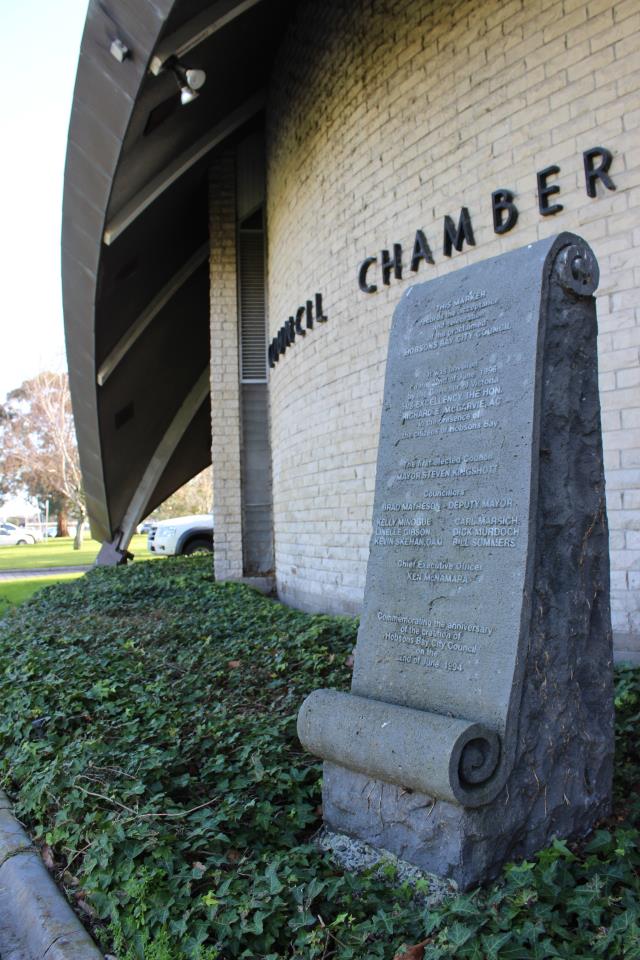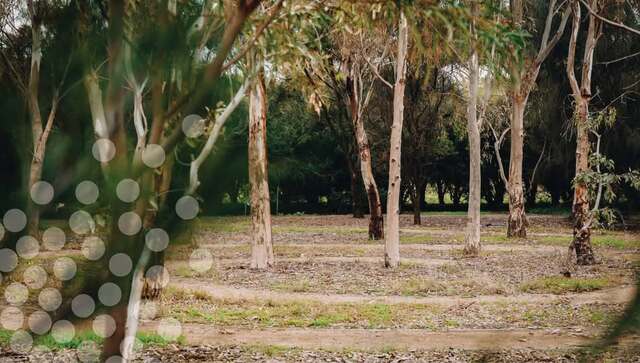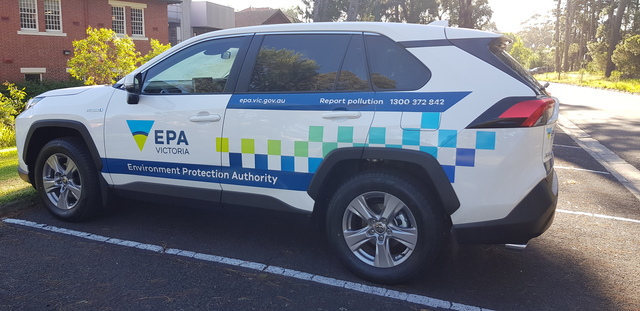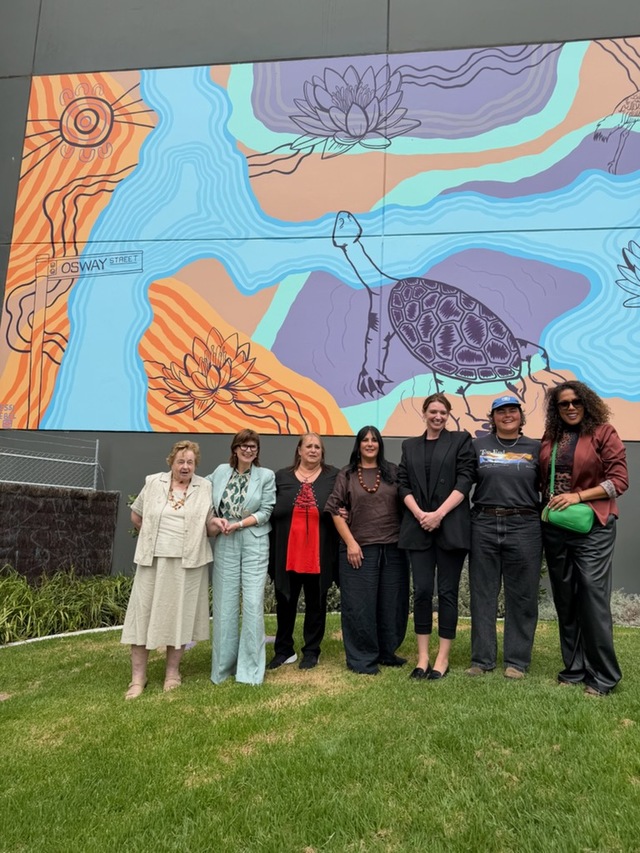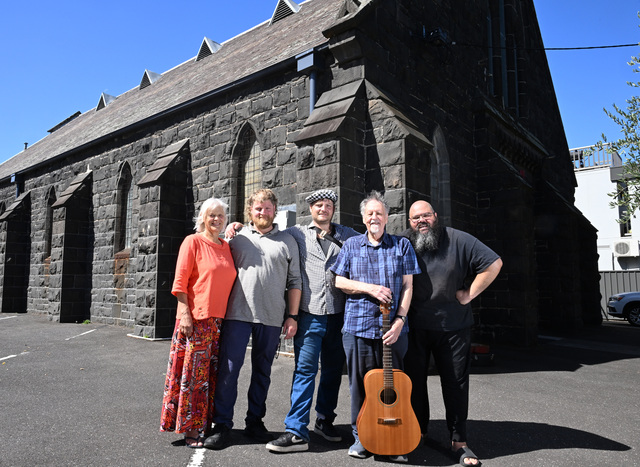The state government will protect the community and environment by helping Victorians, including those in Maribyrnong and Hobsons Bay, to safely dispose of unwanted household waste.
Energy, Environment and Climate Change Minister Lily D’Ambrosio announced an additional $4 million funding for the Detox Your Home program, as part of the Victorian Budget 2022/23.
The funding will mean free local pop-up events will run in conjunction with local councils, where household chemicals such as cleaning products, fuels and flammable liquids, pool chemicals, car wax, anti-freeze, brake fluid, pesticides and herbicides can be dropped off.
The program will have around 40 events across the state each year for people to attend and is the only program of its kind in Victoria.
The program has seen the safe removal of 7,000 tonnes of toxic chemicals – equivalent to the weight of 40 trams – and over 10,000 tonnes of hard-to-recycle materials from households around the state.
On average, Victorians who use the program bring an average of 23 kilograms of waste for disposal, with two thirds of people reporting they’ve had their toxic materials for over five years.
Expert chemists are on hand at every event to identify and sort the chemicals, which are then safely transported to a dedicated facility where they are processed for reuse or safe disposal.
Chemicals collected are processed and recovered, recycled wherever possible, or disposed of safely.
The most common items collected at pop up events are petrol, kerosene, turpentine, cooking oils, methylated spirits, pesticides and herbicides.
Energy, Environment and Climate Change Minister Lily D’Ambrosio said the funding will assist Victorians in cleaning up their homes in a controlled way.
“We’re helping Victorians remove toxic household products safely so they don’t pollute our environment, harm animals and vegetation, contaminate our water or make rivers and beaches unsafe for swimming,” she said.
“Victorians are encouraged to check their cupboards and sheds for these common but potentially harmful household items and take them to a free event, where they will be safely processed and either reused or disposed of correctly.”

